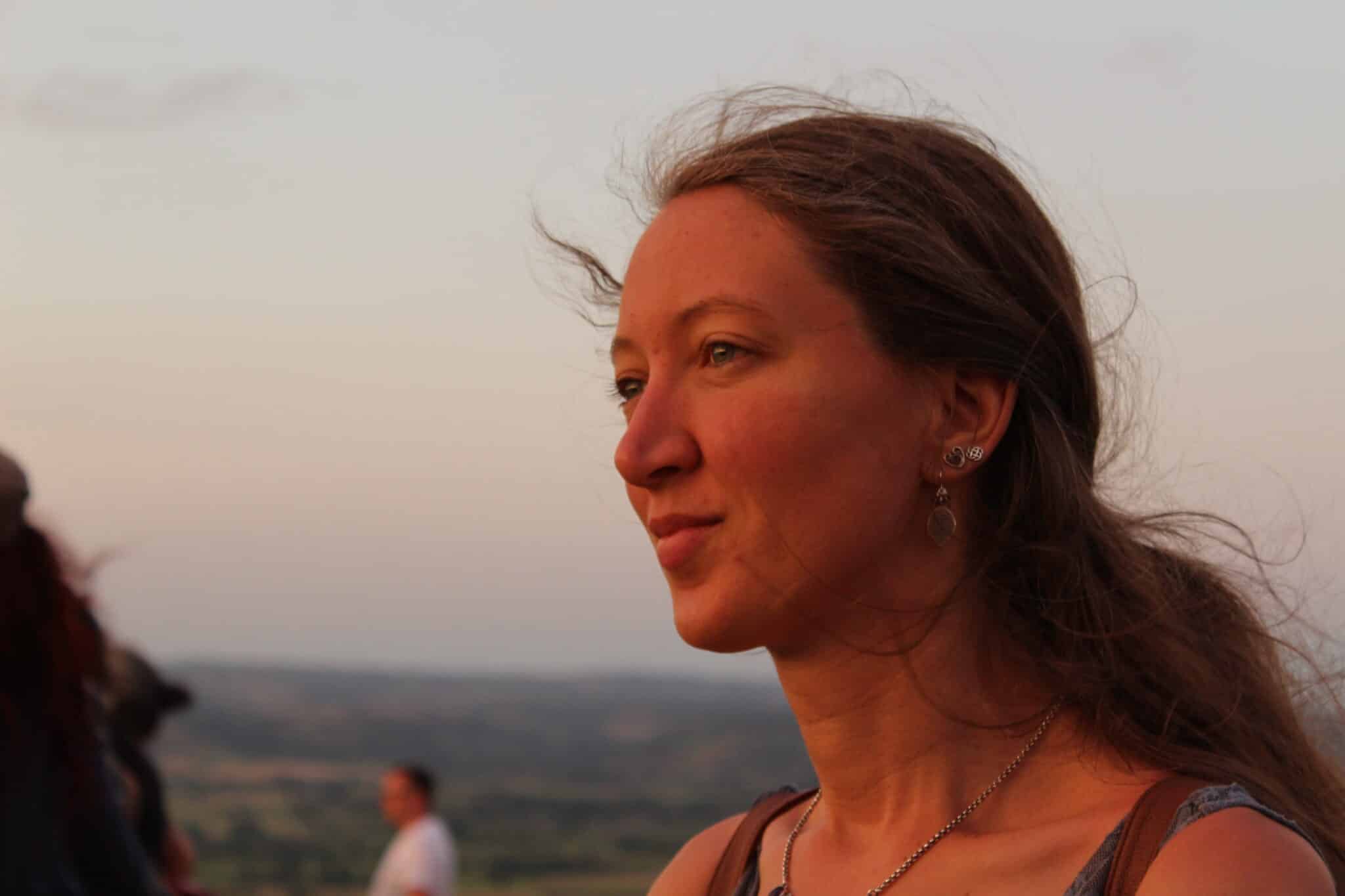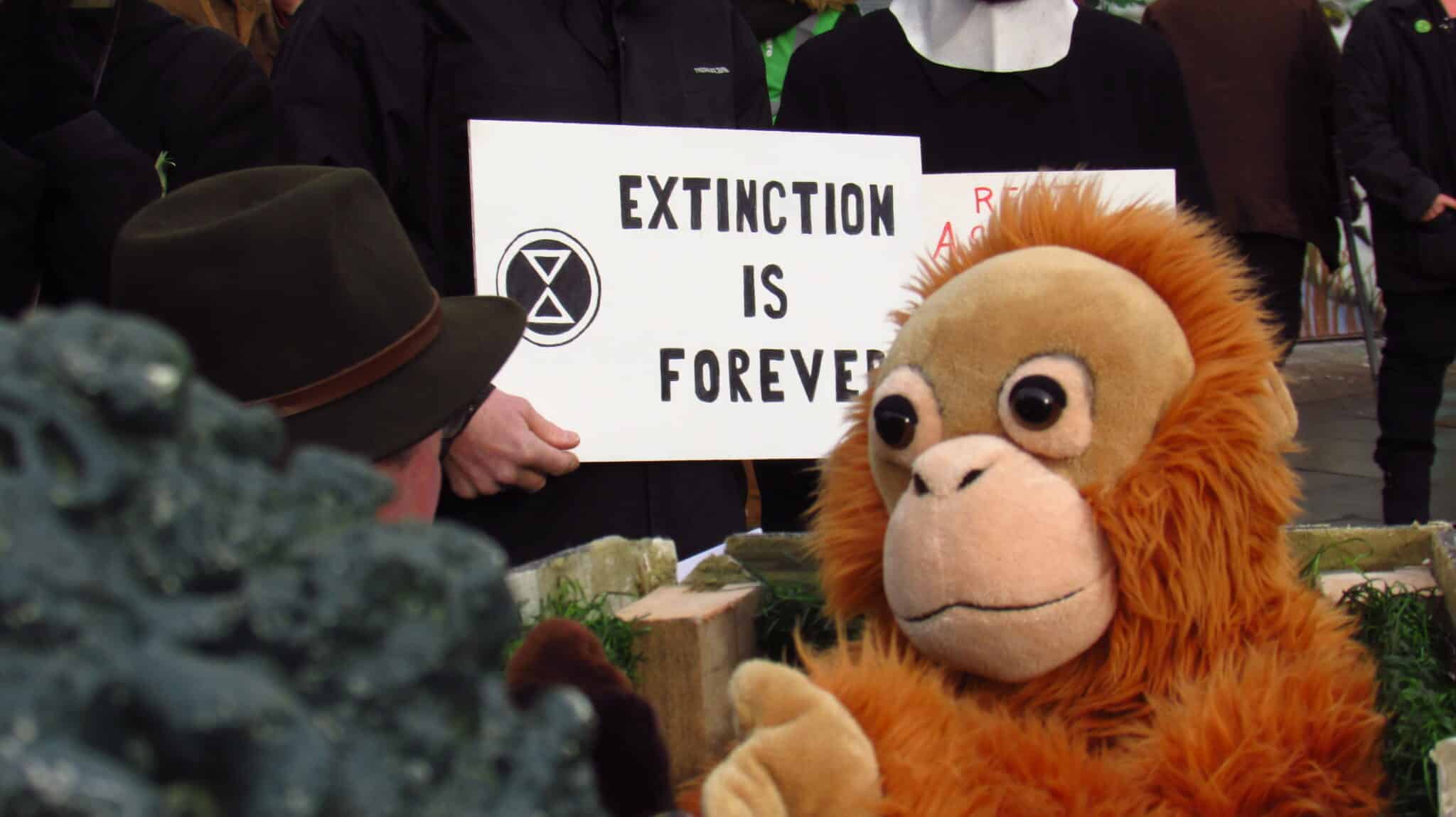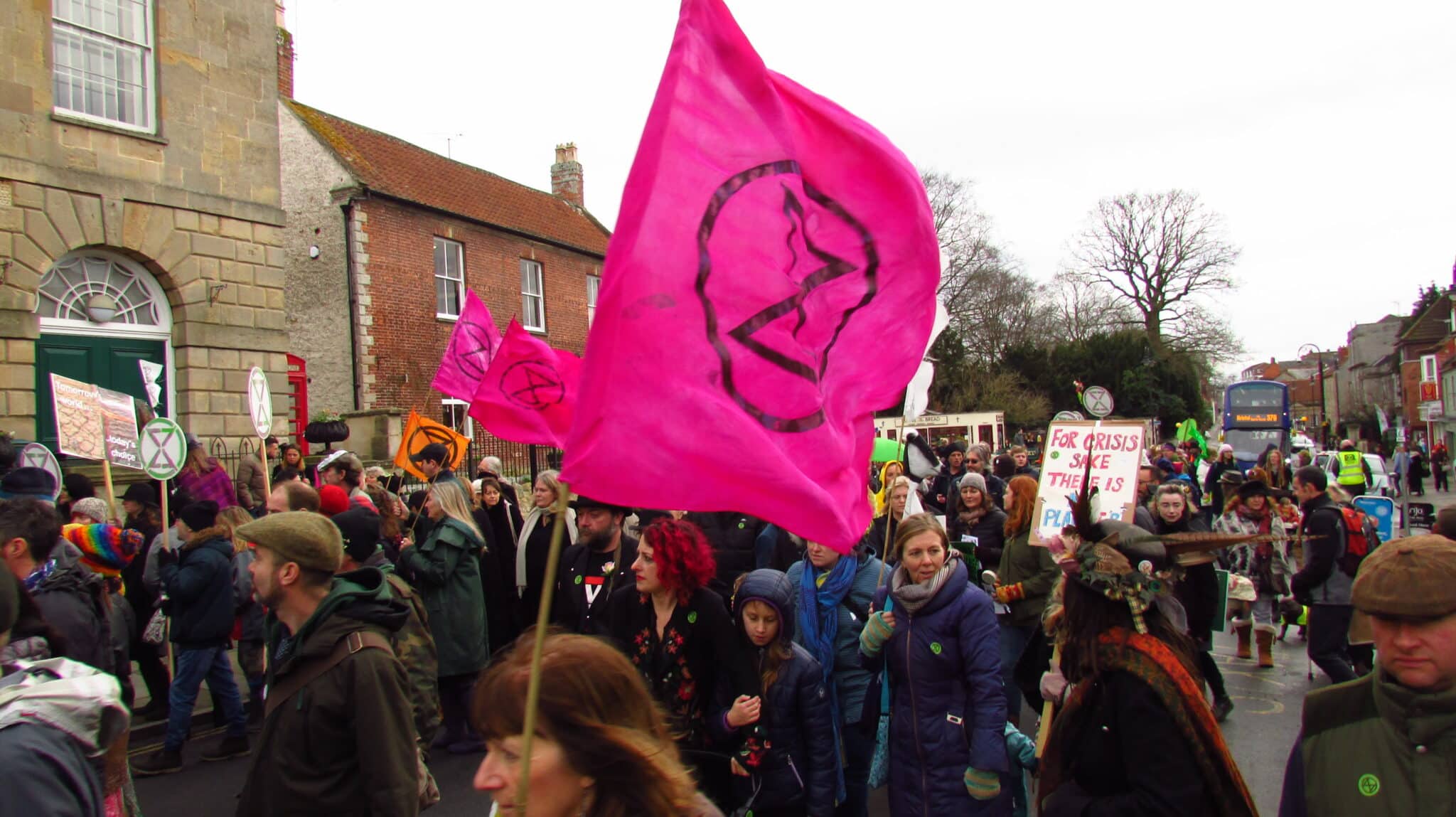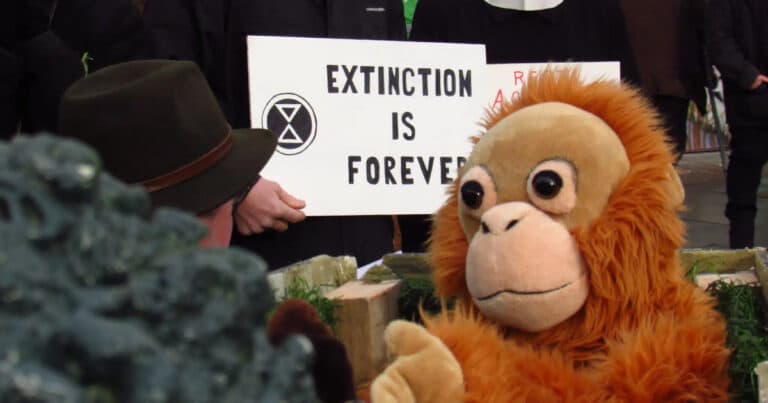By Amy Lou Martin
www.awomanswords.com
Whatever our religious beliefs and practices, we are all united in that one day each of us will face death; and so too will those we love. The grief of those left behind can be equally beautiful and devastating. Grieving for our planet and for the people, animals and plants who have suffered as a result of consumerist societies could be seen as an absolute necessity. Grief is a motivator. How many NGOs, charities, grassroots projects, (possibly even the ICSD itself) have been created as a result of someone’s grief for people or other natural beings? When someone or something dies in a way that we view as unnecessary, then our grief contains a desire to seek justice, or to stop the same thing from happening to someone else.
Sufi writer and teacher Llewellyn Vaughan-Lee tells us that grief is a necessary step towards creating real change for our planet. In his ‘Darkening: A Four Point Plan’, Vaughan-Lee suggests: first WITNESSING the situation without judgement; second GRIEVING for those we have lost or are losing; third PRAYING with an open heart for help from the divine; and fourth, and only after the first three have been properly felt: ACTION. In this way, action then comes from a place of true love and understanding, untampered by the thoughts and emotions stemming from that which created the situation in the first place* (Darkening: A Four-Point Plan by Llewellyn Vaughan-Lee, February 2014 https://workingwithoneness.org/articles/darkening-a-four-point-plan/).
During the film ‘Albatross’, a meditative arts film about how ocean plastic affects the beautiful Pacific Albatross birds, the narrator and director Chris Jordan grieves deeply for the pain and loss of these incredibly gentle creatures. He says ‘grief is the same as love’* (Albatross by Chris Jordan 2017 https://www.albatrossthefilm.com/). Unlike deep sadness, or despair, through grief we express love for those we have lost or are losing. Grief may not be a scary emotion to be cast aside or forgotten. Once I had grasped this concept and gone fully into grief through watching the plight of the Albatross, I felt truly liberated: I would do anything I could to save them! The action followed easily: I started up a Plastic Free group in my local community.
I recently had a profound experience with grief, through meeting the climate change action group Extinction Rebellion. XR recently sprung up in the UK and other countries, aiming to remind our governments of the Paris climate change agreement, to hold them accountable to take action and to bring forward the carbon reduction date, in accordance with the recent IPCC report. Already several towns and cities in the UK have declared a ‘climate emergency’ and aim to be completely carbon neutral by 2030. The XR values involve sacred activism, and spiritual connection with our planet as a vital part of taking action.




After my first Extinction Rebellion direct action, in London in October 2018, I went through a deep grieving process, where one thought came to me and has stuck with me. The true meaning of ‘extinction’: the killing of babies before they are conceived. Along with this came the realisation that this could happen to all of us. Last weekend my local Extinction Rebellion group held a funeral procession for the hundreds of species of animals, birds, insects and plants that have become extinct since the 1970s, and will continue to die out throughout our lifetimes. As part of the ceremony, cuddly toys of animals on the endangered species list were placed into a coffin, which was paraded through the streets. Over 300 people attended the funeral. The atmosphere was strange: both celebratory and sombre.
The funeral allowed me to express feelings of grief in a communal setting, different from my previous experience, when I had been alone in my house. The emotion of it brought us all together. I feel that the society I live in has lost something of the knowledge of how to grieve properly, and it takes some practice to bring this into our private and public lives. Movements such as Extinction Rebellion, and films such as Albatross, allow us to face this emotion head-on, and as such I see them as liberating. These movements do this for a reason: they know that by touching this profound emotion, people will be motivated to change themselves and the world around them, and as Vaughan-Lee suggests: they will be able to do so from a much more healthy perspective. If ‘grief is the same as love’ and love is ‘all around’, why not accept grief, and even welcome it with open hearts?





